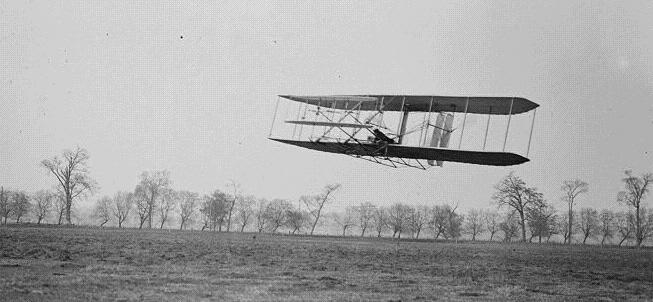For so many of us, our knowledge of the American Revolution stops on the Fourth of July. After all, what better way to conclude America’s history than with the freedom-infused Declaration of Independence? In “The Quartet,” author Joseph J. Ellis challenges his readers to expand their classroom knowledge of America’s founding and to take a critical look at the eternally debated United States Constitution. He strives to pick up where our schoolteachers have left off.
Imagine the weeks following the Revolutionary War. After the celebration of victory died down, it would be assumed that the 13 states would have forged a solid bond of unity and nationhood. This was not the case. Rather, the states were prepared to separate and govern themselves on a strictly local level. Virginia would be Virginia, and New York would be New York. The United States, if spoken of at all, would remain a plural noun.
This individualistic political ideology acts as the antagonist to the book’s four main heroes: George Washington, Alexander Hamilton, John Jay, and James Madison. These men make up the titular quartet, and it is difficult to resist seeing them as the champions of democracy.
For as often as Ellis asserts that the founding of the United States was not a supernatural occurrence, it is clear that there is a special reverence between author and subjects. Washington is his undisputed favorite. A chapter titled “The Courting” is almost entirely devoted to Washington’s importance as a political leader. “The Quartet” repeatedly claims that Washington was the mortar that held the United States together.
Washington had gained his fame by serving as the commander of the Continental Army. In each of the 13 colonies, the name “Washington” evoked thoughts of heroism, freedom, and honor. Because he was so recognized and so loved, his hand in the Constitution’s creation meant that this was a document to be taken seriously. The public would be much more open to the idea of national unity if it was endorsed by its cherished leader.






